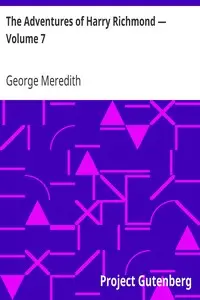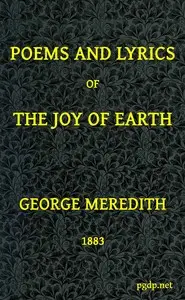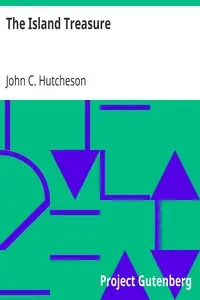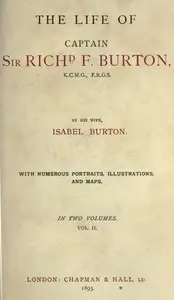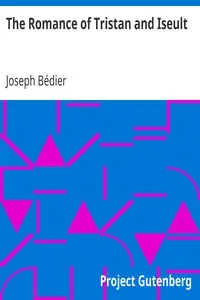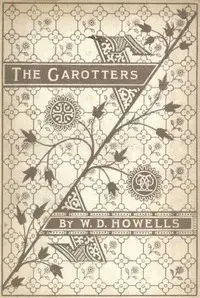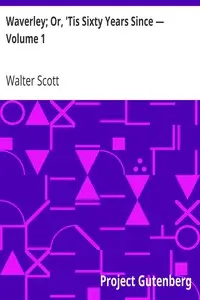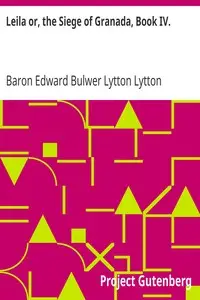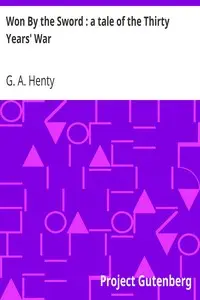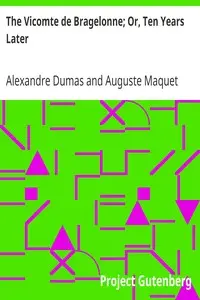"Vittoria — Volume 5" by George Meredith is a fictional novel likely written during the late 19th century. The narrative unfolds in a politically charged atmosphere, focusing on the intense and personal conflicts surrounding the central character, Vittoria, as she navigates her tumultuous circumstances involving love, honor, and the repercussions of violent encounters, particularly surrounding her relationship with the fugitive Angelo Guidascarpi. At the start of this volume, we witness Captain Weisspriess actively pursuing Vittoria, convinced that she seeks refuge with Angelo Guidascarpi amid their tumultuous escape. As he rouses the gendarmerie and strategizes to capture them, the complex dynamics of power, vanity, and desire become apparent. The opening also introduces the duel between Weisspriess and Angelo, a pivotal confrontation that signifies not just a personal vendetta but also broader themes of justice and loyalty. As tensions rise, Vittoria's strength and resilience shine through, even as she is drawn deeper into the fray, ultimately culminating in a harrowing moment where freedom, betrayal, and love intersect. (This is an automatically generated summary.)

Vittoria — Volume 5
By George Meredith
"Vittoria — Volume 5" by George Meredith is a fictional novel likely written during the late 19th century. The narrative unfolds in a politically char...
George Meredith was an English novelist and poet of the Victorian era. At first, his focus was poetry, influenced by John Keats among others, but Meredith gradually established a reputation as a novelist. The Ordeal of Richard Feverel (1859) briefly scandalised Victorian literary circles. Of his later novels, the most enduring is The Egoist (1879), though in his lifetime his greatest success was Diana of the Crossways (1885). His novels were innovative in their attention to characters' psychology, and also portrayed social change. His style, in both poetry and prose, was noted for its syntactic complexity; Oscar Wilde likened it to "chaos illumined by brilliant flashes of lightning". Meredith was an encourager of other novelists, as well as an influence on them; among those to benefit were Robert Louis Stevenson and George Gissing. Meredith was nominated for the Nobel Prize in Literature seven times.



